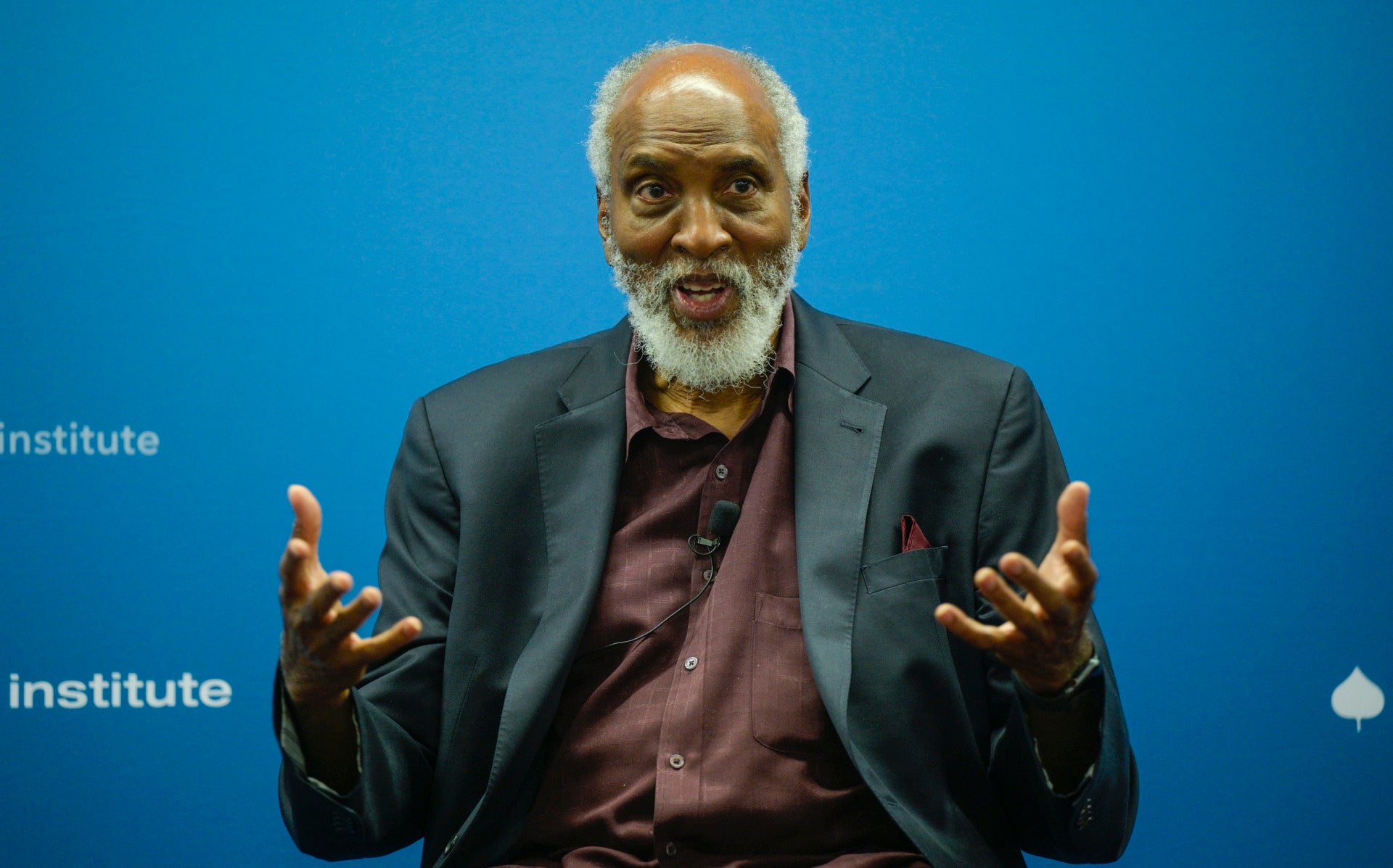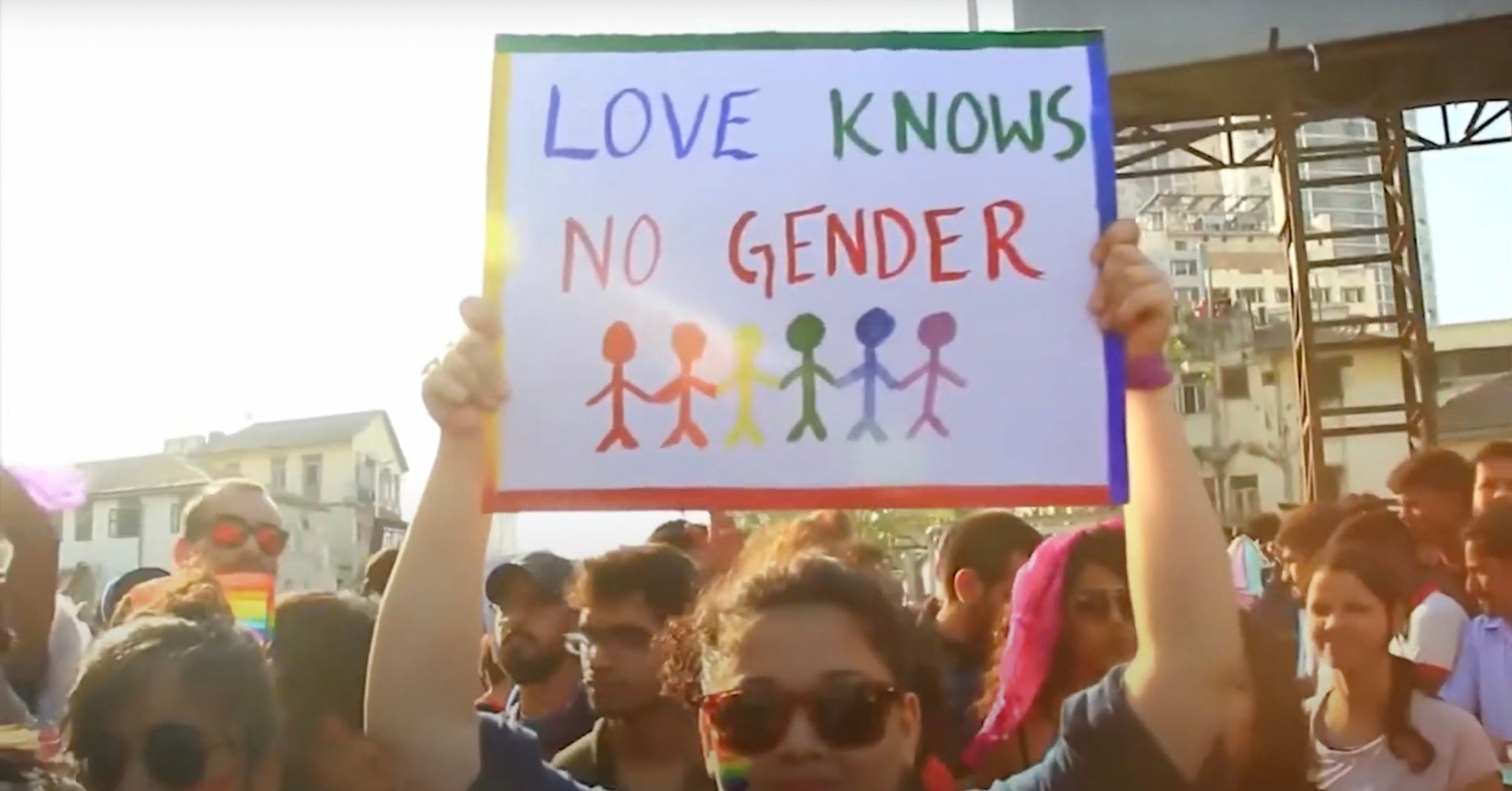This article originally appeared in The Huffington Post and is part of a blog series produced in partnership with the Aspen Institute Citizenship and American Identity Program. Their “What Every American Should Know” initiative crowdsources ideas from a wide range of Americans into top 10 lists about what all Americans should know in order to be aware, effective, and engaged citizens. The goal of this project is to spark creative conversation about who we are as a nation today — and how we want to tell that story.
I remember when E.D. Hirsch published “Cultural Literacy,” and the controversy sparked by his list of things he believed every American should know. I won’t reignite the debate, but his point was that we must all be ready to be taken to places outside of our comfort zones, and work together to make progress.
If we view others’ experiences as teaching moments instead of taboo, and if we walk in each other’s shoes, we help to create a shared experience that leads to a culture of tolerance and acceptance. But that starts with being vulnerable and with a willingness to be honest and share values that are deeply important to us personally.
Bridging divides takes giving people voice and listening to things that might be hard to hear. The great thing about this campaign is there is a space for everyone to contribute. Like Hirsch, who compiled a list of things relevant to his time and experience, people from across America are voicing what is important to them and educating others on their issues. If I was a betting person, I would suspect millennials are going to have different lists than baby boomers; women will have different lists than men; blue collar workers will have different lists than corporate executives — but they are all important, and we can all learn from each other.
I am a high school history teacher, a lawyer, a union leader, a Jewish lesbian whose second job is a Rebbetzin, a football fan, and a huge dog lover, to name a few. Creating a list of just 10 things that I think every American should know was hard. There are plenty more I could have included. But these are the things I think every American should be aware of and work to address if we are going to move forward together as a community, as a nation, and as a human race that treats others with dignity and respect.
- More than half of American public school students live in poverty.
- Thirty-one states are spending less per pupil on public education than they were in 2007.
- High school graduation rates, National Assessment of Educational Progress (NAEP) scores and college entrance are all at record highs.
- Twenty-five hedge fund managers made more money in 2014 than every kindergarten teacher in America combined.
- Forty-eight states spend less on higher education than they did in 2008.
- Americans owe $1.4 trillion in student debt — and that’s growing fast.
- Workers represented by a union earn 14 percent more on average than non-union peers.
- Health insurance out-of-pocket costs are growing seven times faster than wages.
- Twenty-eight percent of the public workforce will be eligible to retire by 2018, and many state and local governments are not prepared, especially in areas like public safety and corrections.
- Every dollar paid out in pension benefits puts $2.37 back into the economy.
Randi Weingarten is the president of the American Federation of Teachers.

